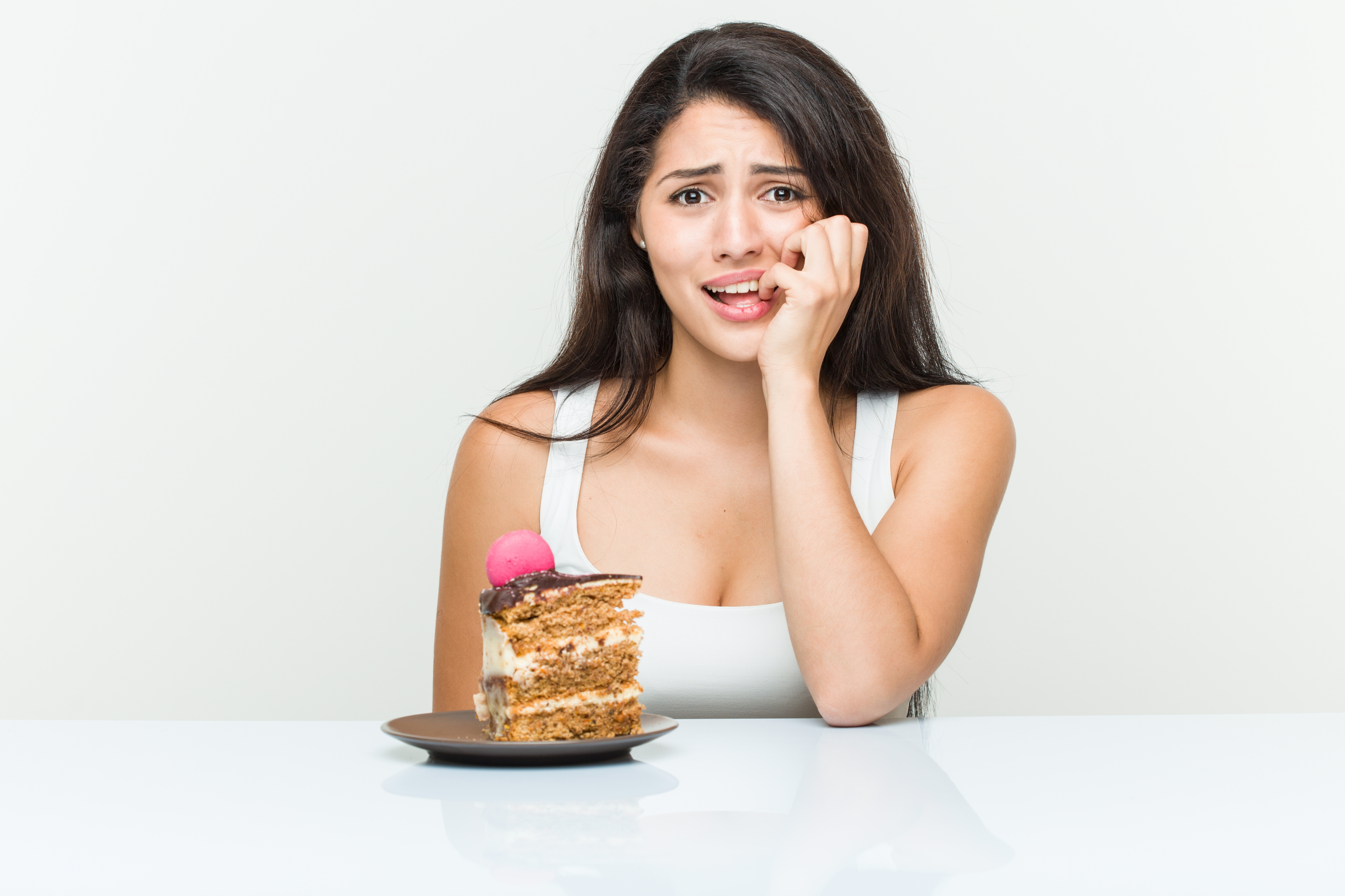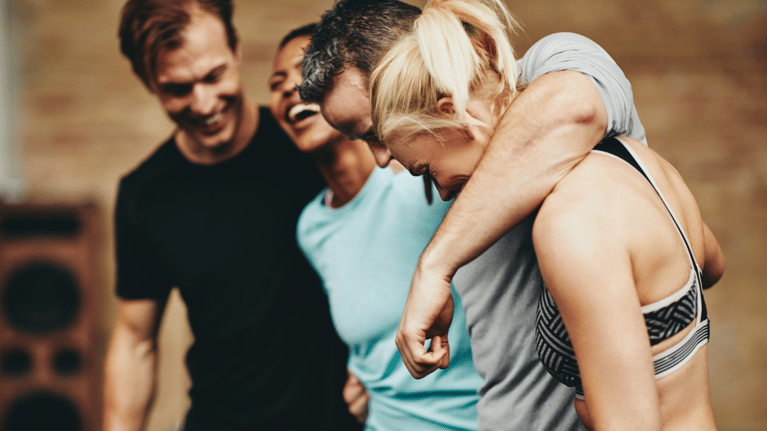
Reach for the sweets when stressed? These 7 tips can help you steer clear of sugary and processed foods that may make these feelings worse.
1. Add fermented foods to your daily food regime.
Naturally rich in probiotics, fermented foods contain healthy bacteria that help reduce the symptoms of anxiety.
Real-life tip: Consume foods rich in probiotics such as yogurt, Keifer, kombucha, tempeh, miso, kimchi, and sauerkraut daily.
2. Eat foods rich in omega-3 fatty acids.
The omega-3 fatty acids EPA and DHA help regulate serotonin and dopamine levels, promoting healthy brain function. While the specific amount of omega-3 each individual needs varies, 1 to 2 g/day (1000-2000/mg) is a general recommendation.
Real-life tip: Salmon, cod liver oil, flaxseeds, chia seeds, and walnuts are excellent ways to boost your omega-3 intake.
3. Empower yourself with protein.
Starting your day with a high-protein breakfast has been found to decrease overeating and snacking later in the day. Ensuring your meals and snacks are rich in protein can help you stay full longer, stabilize blood sugar levels, and prevent overeating.
Real-life tip: Begin your day with eggs and oatmeal for a protein and fiber-rich breakfast! Boost your protein from plant sources such as beans and nuts.
4. Soak up vitamin D.
Research continues to show that time in nature can improve one’s mood and decrease stress and anxiety. According to the Journal of Affective Disorders, being deficient in vitamin D can amplify existing mood disorders.
Real-life tip: Spend at least 15 – 30 minutes a day soaking up fresh air and sunshine. If you’re struggling with depression or anxiety, you may benefit from more time outdoors.
5. Magnify your magnesium intake.
Did you know that magnesium is one of the seven essential macrominerals involved in more than 600 reactions in your body? The average adult needs approximately 300 – 400 mg of magnesium a day, and yet many people are not meeting this requirement! While more research is still required, magnesium may help decrease anxiety and other mood disorders.
Real-life tip: Delight yourself with foods rich in magnesium such as dark chocolate, leafy greens, avocados, legumes, whole grains, nuts, and seeds.
6. Limit caffeine and alcohol intake.
While caffeine is a stimulant and alcohol is a depressant, both can increase feelings of stress and anxiety. If you’re experiencing a heightened state of emotional distress, limit or avoid caffeine and alcohol.
Real-life tip: Discuss with your healthcare provider if your caffeine and alcohol intake could be increasing your feelings of stress and anxiety. Replace caffeine and alcohol with herbal caffeine-free tea, mocktails, or your favorite sparkling water.
7. Calm down with chamomile. Chamomile is an herb that can help naturally help the body relax naturally, which reduces anxiety and induces sleep.
Real-life tip: End your day by sipping on chamomile tea. If you are not a tea drinker, there are chamomile supplements. Always talk with your healthcare provider before taking any supplements.
Article contributed by amfamfit






